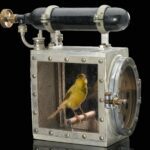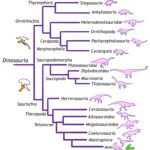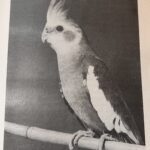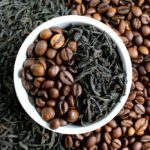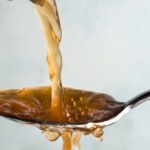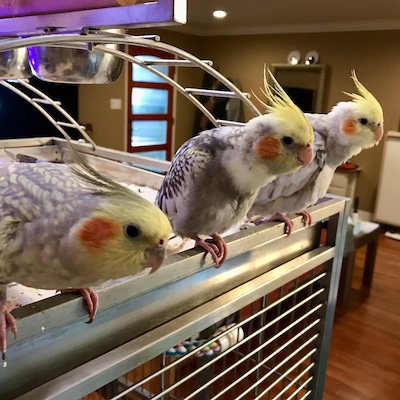
Are bird respiratory systems really more sensitive?
It’s generally regarded as a fact that birds have very sensitive respiratory systems, far moreso than humans. Much of this comes from the proven sensitivity of birds to smoking Teflon products.
When heated to temperatures above 260C (500F), this otherwise stable material emits several flourinated prolysis products that are known to be rapidly lethal to birds.
The Avian Respiratory System: A Unique Model for Studies of Respiratory Toxicosis and for Monitoring Air Quality—Environmental Health Perspectives—Harvard School of Public Health—February 1997
However, an extensive and exhaustive study in a journal called Environmental Health Perspectives by the Harvard School of Public Health paints a much more nuanced picture. The article starts with a detailed look at the entire respiratory system of birds, then looks at orally administered toxins, inhaled particulates, and toxic gases.
The general summary is that the bird respiratory system is not uniformly more problematic than ours. Sometimes it behaves similarly to humans, sometimes it’s more sensitive, and sometimes less.
This is not to say that we shouldn’t be concerned about respiratory irritants, but our understanding of their effect on birds should be based on science rather than just accepting conventional wisdom. We can’t weigh the risks our birds face without accurate information. We can’t mitigate all risks given limited time, financial resources, and the need to provide our birds with freedom to be birds.
Here are some quotes from the study.
Although some gases have been shown to have an increased toxicity in birds (e.g. Teflon), others have been found to be less toxic in birds (e.g. hydrogen sulfide) and still other gases show about the same toxicity in mammals and birds (e.g. ammonia).
The pathophysiological effects of carbon monoxide on a range of animal taxa have been well documented and indicate the following relative sensitivities: canaries (most sensitive), sparrows, pigeons, chickens, mice, guinea pigs, rabbits, and dogs (least sensitive).
[…] in general, birds are not automatically and predictable more sensitive to orally administered toxicants than comparably sized mammals.
The Avian Respiratory System: A Unique Model for Studies of Respiratory Toxicosis and for Monitoring Air Quality—Environmental Health Perspectives—Harvard School of Public Health—February 1997

